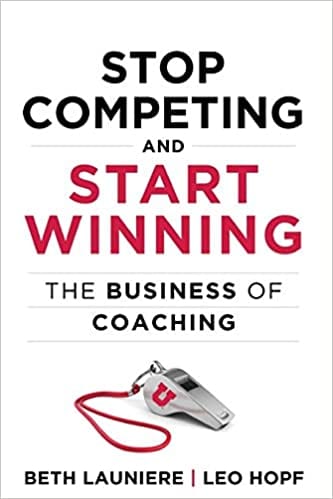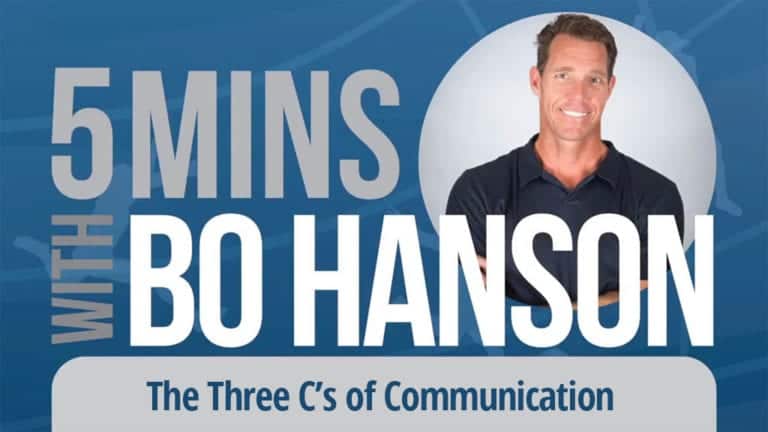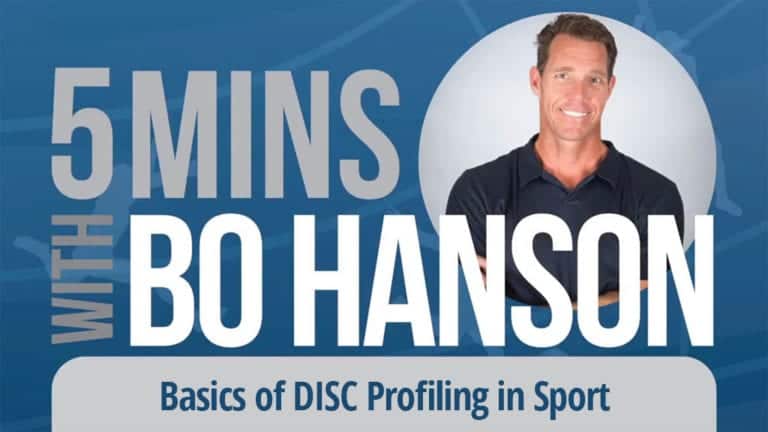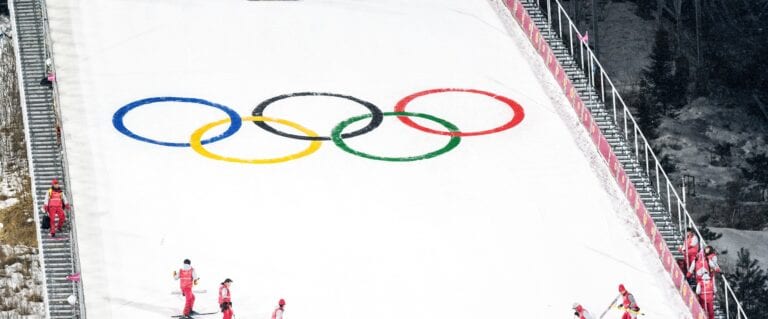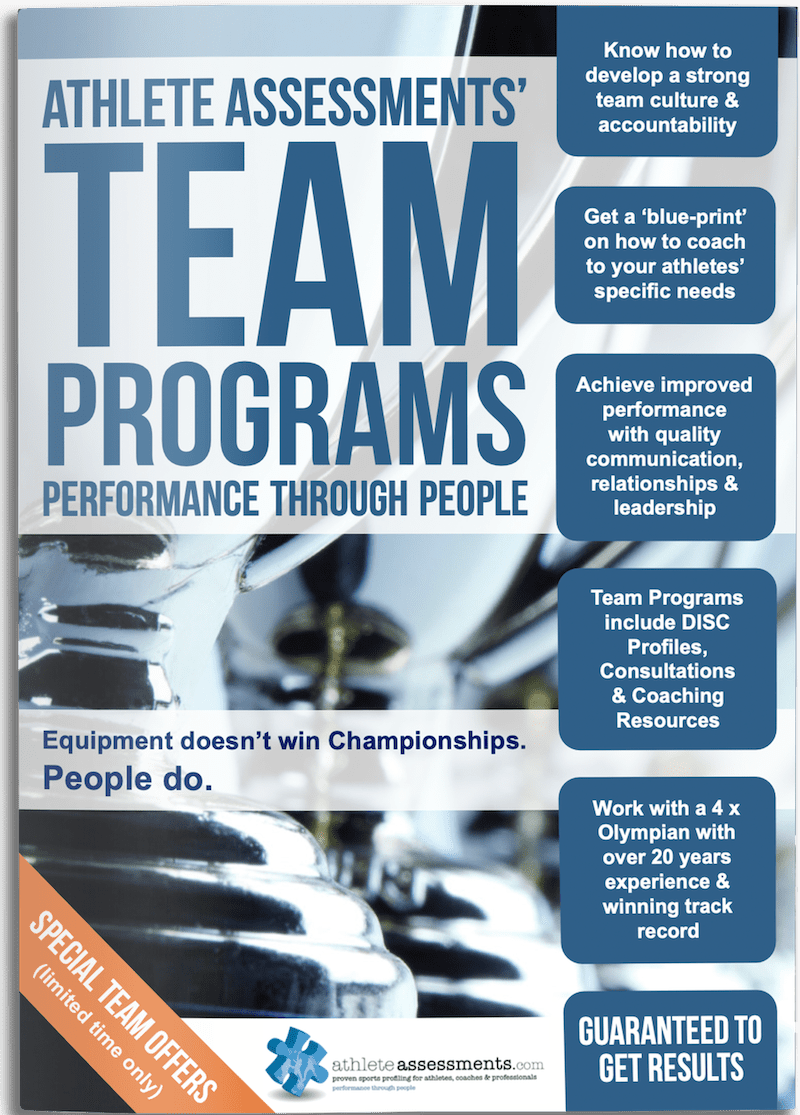How many times have you seen an athlete make the wrong choice only to repeat it at a later point in the game resulting in the very same unfavorable outcome? By taking responsibility, understanding the reason a decision was made, unpacking the process, and identifying areas for targeted practice, future decisions can be improved. The ability to make good decisions rapidly and instinctively is a skill that can be learnt and practiced. Insight into the decision-making process, coupled with an understanding of how each individual approaches their options and acts, is the most effective way to help athletes improve in real-time competition.
The skill of decision making is closely linked to problem solving. For some athletes, making the right decisions at the right time is a well-developed skill, whilst other athletes find this process more challenging.
Like any critical skill, the key to developing an individual’s decision making is to practice. So, where should an athlete practice their decision making? The answer is in training.
Excellent decision making results from ongoing practice in the training environment, where athletes can continuously refine and hone their ability. This environment is most effective when athletes are encouraged to weigh their options, make decisions, and make mistakes. However, the key element for this environment is that athletes need to be consciously debriefed when they do make mistakes so they can ensure they don’t reoccur in the future. The feedback should be delivered in a constructive way to ensure your athlete’s performance improves.
There are methods for giving effective feedback and we cover a few techniques in our article ‘Delivering Athlete Feedback’. Again, it’s critical to understand how each athlete processes the information that leads to change.

Listening, absorbing information, and communication styles are different in each individual. Effective coaching harnesses an athlete’s natural and preferred communication style to ensure quality outcomes from every session. Athlete Assessments’ DISC profiles including the AthleteDISC, are an effective way to understand an athlete’s natural behavioral style as it provides details about the way athletes analyze their options, tackle problems, absorb information, and prefer to communicate. They also break down critical situational information about ideal environments, conditions which will give rise to an athlete’s maximum contribution, behavior under stress, needs, wants, and motivations. This information not only increases the athlete’s own awareness of their processes, and accelerates skill acquisition and development, but is particularly useful when the coach combines this knowledge with an awareness of their own natural style, using our CoachDISC Profile.
In terms of what separates an effective decision maker from others, is that the less than exceptional decision makers are often able to make a quality assessment, but need to be more decisive in actually acting upon the assessment made, or need to improve on their ability to enact this skill in more pressured situations of a game or competition. Whereas an athlete who has developed this skill, is able to assess, decide, and enact in the moment.
When making any decision, it is a process of six key steps. In sport, the athlete decision making process often occurs within milliseconds, but if we were to slow down the process, we could identify the steps as follows:
- Noticing the problem needing to be solved: Athlete decision making begins when the athlete recognizes there is a problem with the status quo. Therefore, something must be changed if there is to be any improvement or if an opportunity is to be recognized.
- Analyzing the problem: When the athlete has identified the problem, they need to specifically define what is causing it.
- Knowing the outcome to achieve: This is where the athlete knows what it is they want to happen.
- Exploring the options: Athletes identify what options they have available to them which will create their desired outcome. During a game as opposed to training, there is often not sufficient time to explore all options. What is important is the athlete does not simply revert to autopilot-like behavior and make poor decisions because they have not cognitively processed the information available to them.
- Choosing the best option: At this time, the athlete pursues their most favored option. This is the choice point in the decision making process. The choice point is the motivation behind effective decision making. Choice points could be a reference to the team’s values and behaviors or could be referenced to effective practice sessions. Whatever the basis for the choice point is, it completely influences the decision made. The essence of decision making is the elimination of competing options. This is a critical process as limiting options dramatically increases the speed of decision-making.
- Taking action and responsibility: At this point, the athlete pursues their choice of option. What is critical here is they pay attention to the result the chosen action creates.
Remember, like any skill whether physical or mental, developing effective decision making takes time and practice. But by providing your athletes with a process and some guidelines around the skill you would like them to develop, you are setting them up for success. Eventually, it will become a subconscious part of their game strategy, but initially it’s important to provide structure to ensure they have the best opportunity for learning and development.
Where to from here?
Decision making 100% influences the outcome of a game, if we can help you improve any aspect of sporting performance contact us. Our free database of articles is an excellent resource for any athlete, coach, sports professional or supporter. If you’re looking to learn more about yourself or the athletes you coach, discover how our DISC Profiles developed exclusively for sport can help.
Recommended Articles
In the book, Stop Competing and Start Winning: The Business Of Coaching, Beth Launiere her co-author Leo, discuss the not often talked about techniques and tools they apply to develop a group of athletes into a championship winning team, plus more!
A Harvard Business Review article that we recently found again, focused on learning how to learn and the four mental skills that enable fast and effective learning. Firstly, a big shout out to our consultant client Nicole Detling, who is quoted in the article talking about a technique she uses to inspire athletes to learn new skills.
You can think of this ‘audience’, the millennial generation of athletes, as the most distracted generation in history because we’re dealing with smart phones, video games and high-speed technology. The reality is, that their concentration or focus is switching all the time. For our communication to be effective, we need to ensure that we’re getting through.
We’re going to chat a little bit about the basics of DISC. As you know Athlete Assessments uses DISC as the core of all of the work that we do. I just wanted to give you a few quick tips on what DISC is really all about.
First and foremost, DISC is a behavioral model. That means it measures the observable behaviors of what people actually do. It’s talking about how we act – it’s not who we are, it’s not our personality – it’s just about our behavior.
In recent years, more attention has focused on the impact of the coach-athlete relationship on an athlete’s performance. Research from the 2008 Canadian Olympic Study showed that coach-athlete relationships significantly impact athlete performance.


